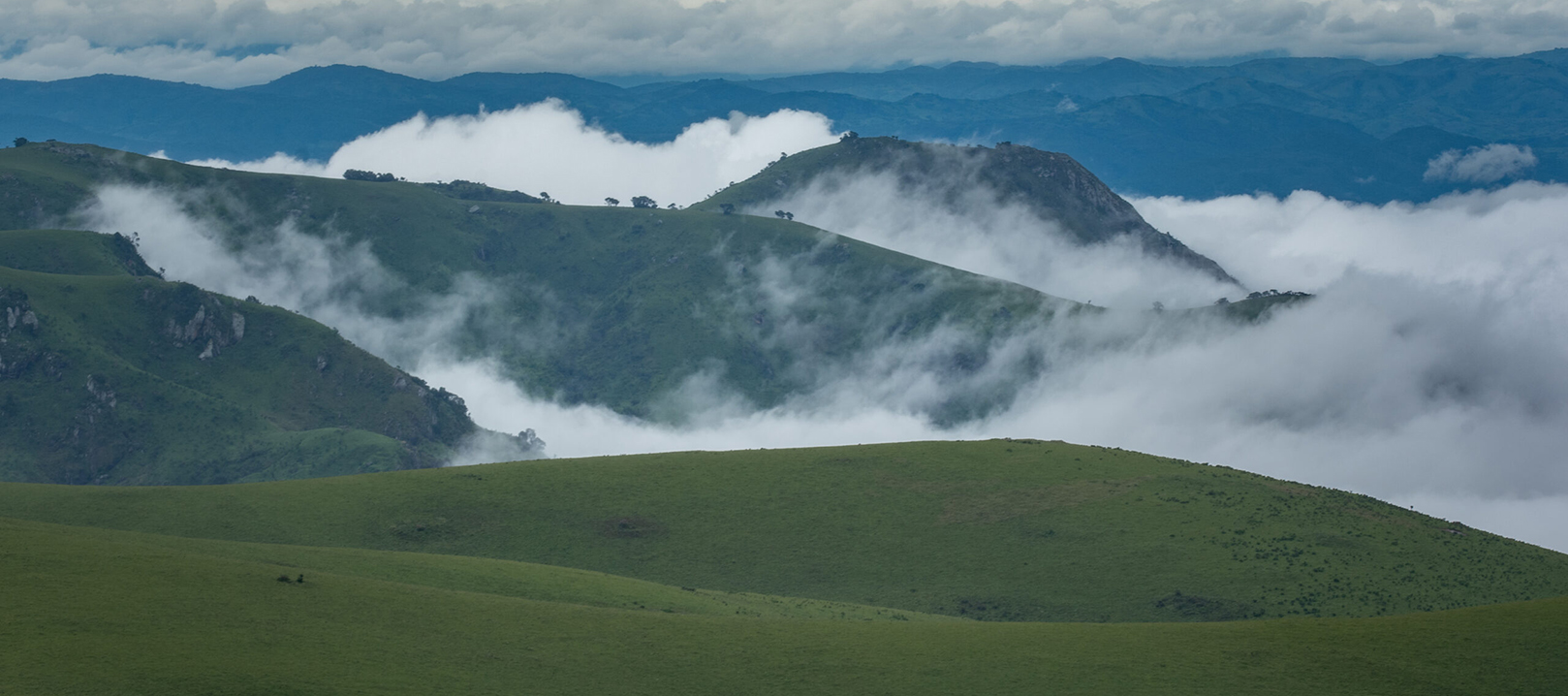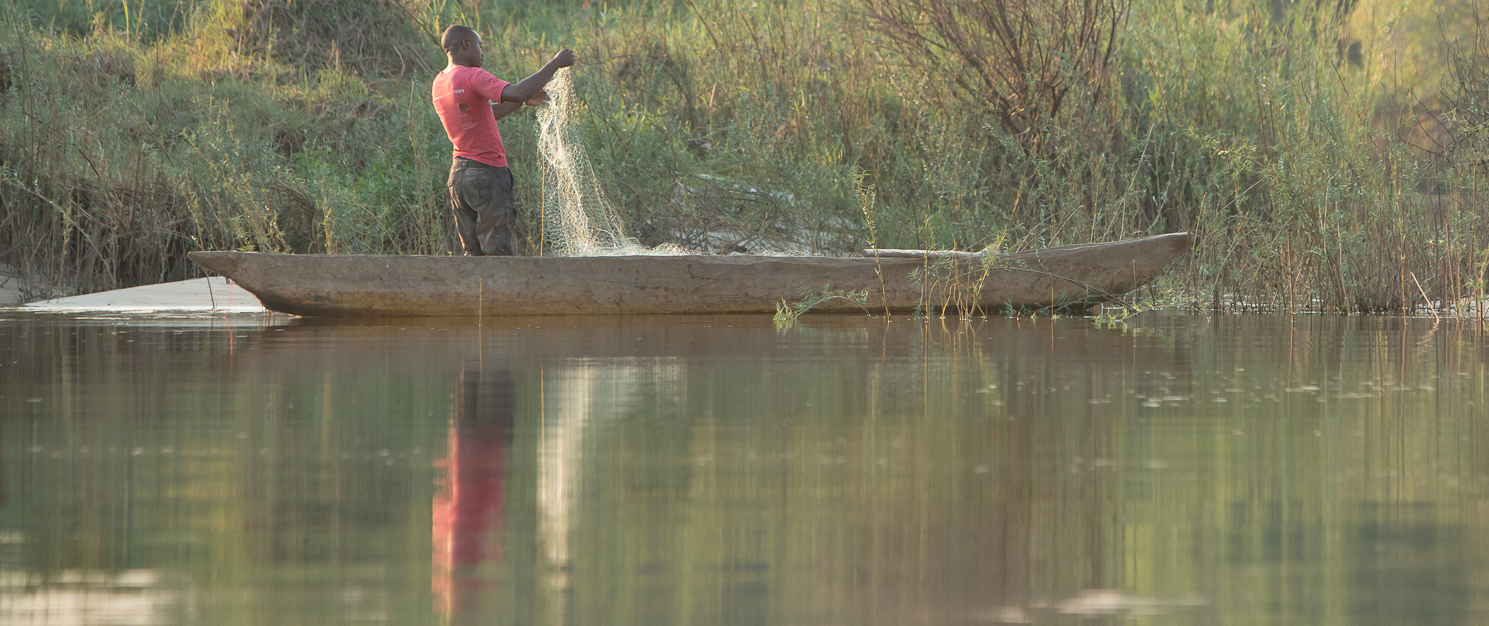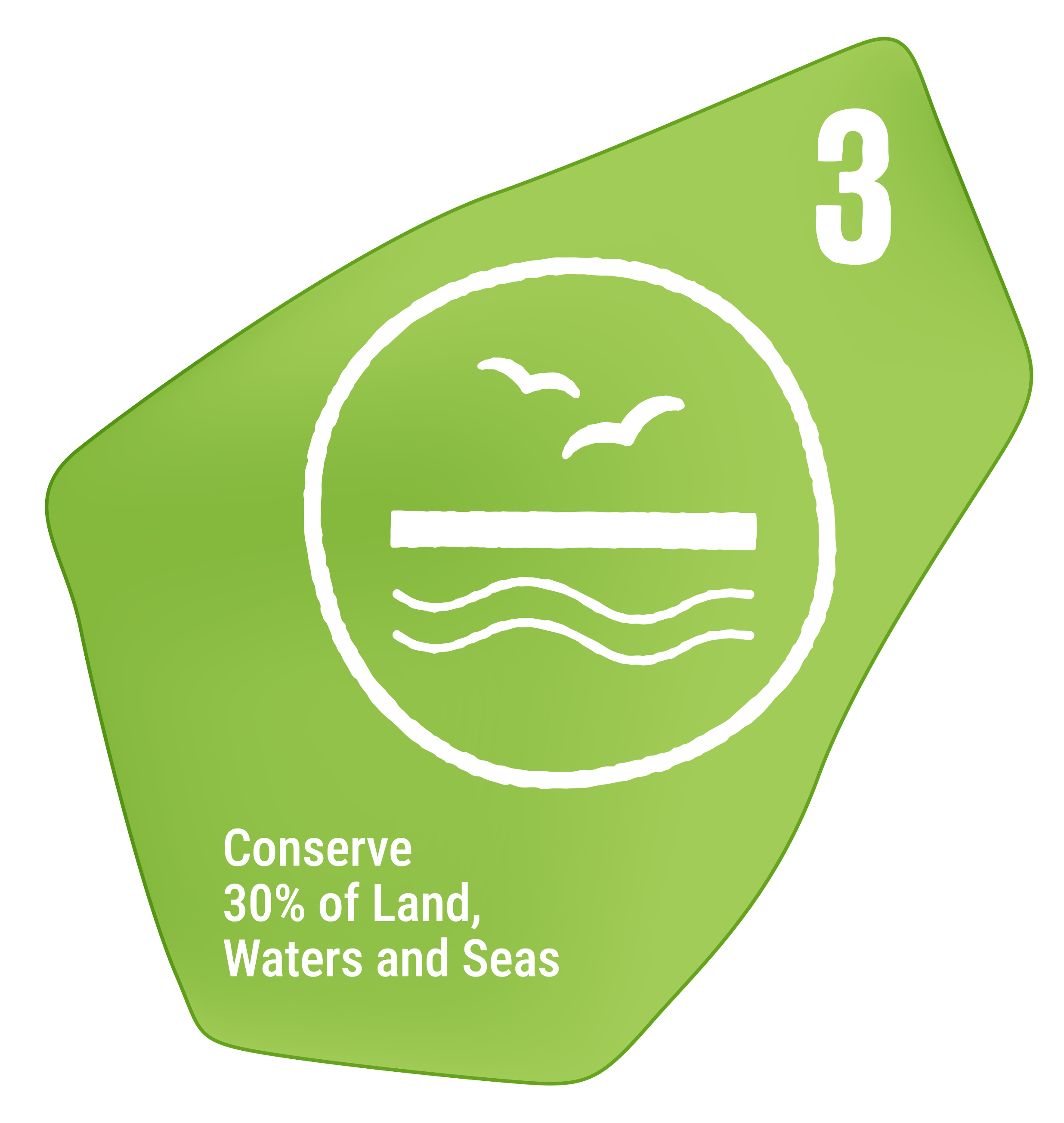GUARDING LIFE’S PUREST ESSENCE
Water security is a critical concern in southern Africa, affecting people, livestock, and wildlife. At Peace Parks Foundation, we recognise the urgency of addressing water security through a comprehensive approach tailored to each unique area where we operate. Our strategies include both safeguarding water resources and ensuring water supply.
We endeavour to provide equitable access to safe and affordable drinking water for all in our sphere of influence. We implement conservation agriculture schemes focused on maintaining soil water content.
PRESERVING AFRICA’S SPRINGS

Of Africa’s largest reservoirs, 40 out of 50 receive their water partly from conservation areas, and 14% of the continent’s total freshwater volume originates from conservation areas.
Uncontrolled wildfires sweep across the grassland plateaus of Nyika National Park every year. We are working to stop this through education, job creation and fire breaks. The fires, caused by poachers to attract wildlife to the new green flush, burn into the peatlands which act as sponges for rainfall and ensure the slow release of water into the rivers draining from the plateau. They also store significant amounts of carbon. Once destroyed these peatlands can take hundreds of years to recover.
THE FISH THAT FEED

In the Simalaha region of Zambia, the establishment of Fisheries Management Committees inspires and structures the participation of fishermen and women, with the aim of significantly improving fish stocks and deploying sustainable fishing schemes. These committees protect approximately 80 kilometres of the Zambezi River, which holds great importance for local communities. Through our efforts, we have successfully removed illegal nets, often constructed from repurposed mosquito nets. These nets pose a threat to the ecosystem as they inadvertently catch larvae, fish eggs, and other wildlife, leading to unnecessary harm and fatalities. Moreover, they create ingestion hazards for animals such as hippos as they are less durable than legal nets and frequently discarded in rivers. The nets then continue to drift in the water, catching and needlessly killing fish and other animals, such as birds and snakes.
INFRASTRUCTURE

Peace Parks implements water infrastructure projects, including boreholes, pans, wells, and the distribution of treadle pumps for agricultural purposes. We actively deploy rainwater storage and water-saving technologies to combat groundwater depletion and ensure sustainable water management practices.
In Zambia, a water scheme between the natural water tower of the Nyika Plateau, and Vwaza Marsh Wildlife Reserve which lies below it, will see fresh potable water delivered to 18 000 people in 2024 up to 33 000 when the scheme is fully developped.
In the Simalaha Community Conservancy, a pilot programme to deepen 30 existing natural water pans improved long-term water sustainability for farmers. The pans are now filled and retaining water, significantly enhancing water security for farmers, livestock, and local communities.








